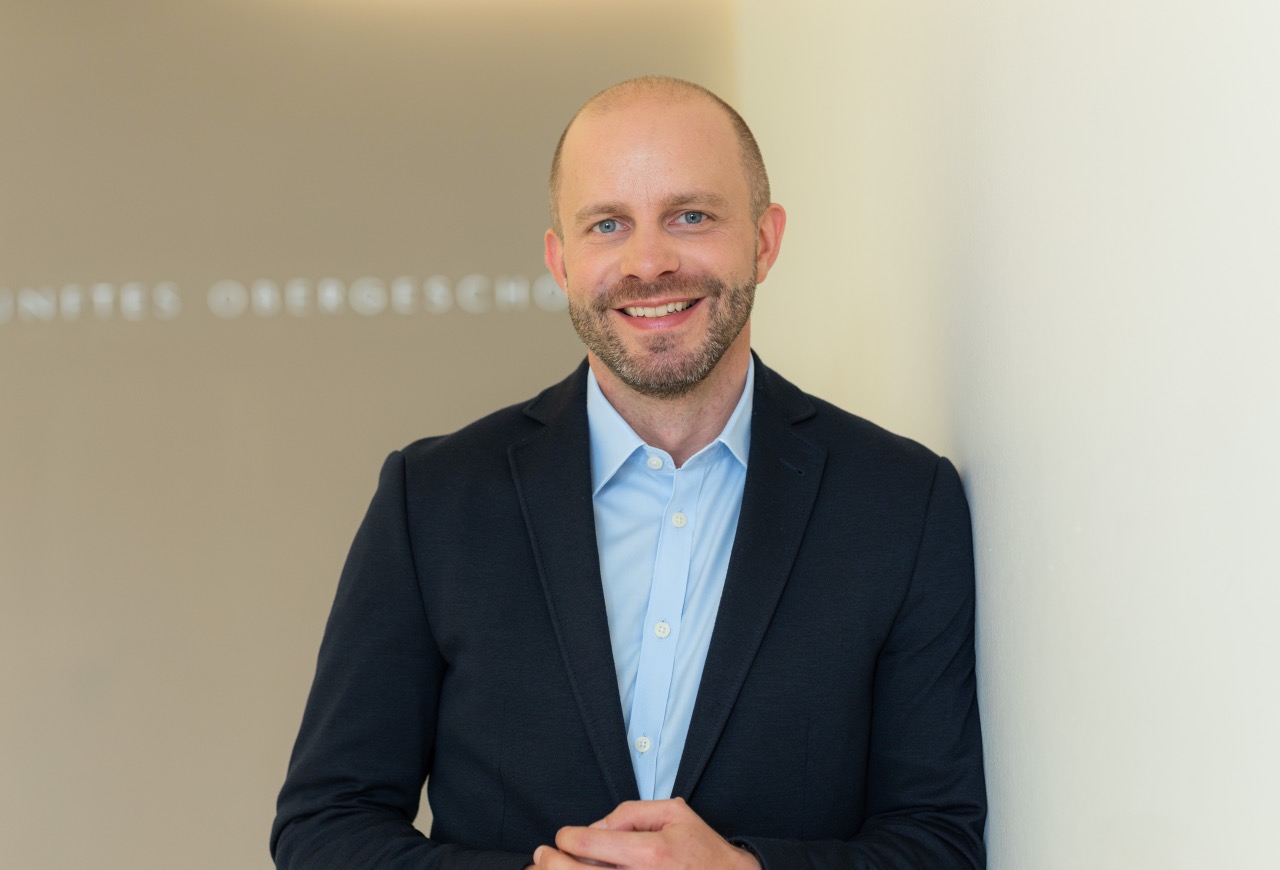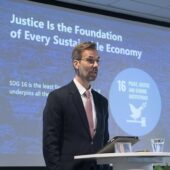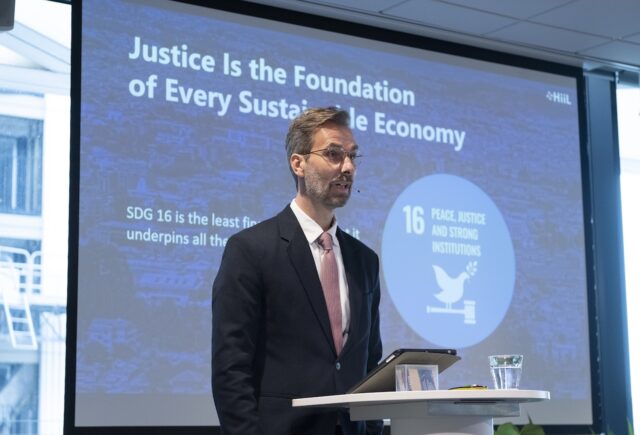A Commerz/YouGov survey shows the majority of Germans are interested in impact investments. However, lack of knowledge and unfavourable regulatory frameworks remain obstacles for more retail investors to invest for impact

In brief
- 57 % of Germans responding to a survey said to find impact investment appealing, but only 13% have actually made impact investments
- Much work “still needs to be done in explaining what impact investing is all about”
- Regulatory obstacles are a serious problem
The majority (57%) of respondents to a survey about investment attitudes among German citizens, found impact investment appealing or very appealing, while 45% said that ecological sustainability and combating climate change were particularly important objectives to them.
However, only 13% of respondents to the survey, conducted by opinion research firm YouGov on behalf of Commerz Real, said they have invested in sustainable investments to date.

Commenting on the reasons behind this mismatch, Tobias Huzarski, head of impact investment at Commerz Real, says: “For me, the most important thing to come out of this survey is just how much work there still needs to be done in explaining what impact investing is all about.”
Commerz Real manages Germany’s first retail impact fund for real assets, Klimavest.
Only 31% of the survey respondents know that there are products which combine returns with environmental and social sustainability.
However, nearly half of the respondents said they did not know what a sustainable investment was at all.
Definitions and regulations
According to Huzarski, there are three dimensions to this. Firstly, he explains that while fund managers need to be clear about how they define and measure impact, there is “too much discussion about exact definitions. Answers do not lie in ever purer definitions but in having real world impact. It doesn’t ultimately matter in the real world if we develop ever more sophisticated tracking tools, and yet continue to build with concrete, glass, and steel”.
Secondly, Huzarski believes “there is a need for private investors to be better educated” and specifically, “they need to understand that if they’re investing in an ETF then [their money] will not actually be invested in the green projects they might favour. There simply will not be any impact.” Here, Huzarski is referring to the way in which an ETF is a proxy rather than a real investment.
Thirdly, and most importantly, he makes a regulatory point. “There are significant structural challenges that need to be overcome in Germany if we want more private investors to get involved in the sustainable field. I believe very strongly that there is an obligation on regulators to make this possible.”
Huzarski cites the “considerable difficulty“ Commerz Real had in being the ‘first mover’ in Germany connecting private investors with renewable energy. Apparently, German rules forbade open ended-fund structures. “We had to use Luxembourg structures.”
Bright future
Huzarski added: “Undoubtedly, one thing that this survey does show is that this is a super deep market and there is significant demand for this kind of investments.”
“German investors appreciate sachwerte (an exact translation of which would be ‘assets you can touch’), and understand that it requires real assets to tackle climate change. We absolutely intend to launch other strategies in the longer term, but our immediate next step will be to scale the existing fund.”
He notes that despite Germany’s short-term worries about energy security, in the long-term the war in Ukraine will drive “increasing enthusiasm for renewable energy”.
The problem, he adds, is that too many traditional strategies are “simply rebranding themselves as sustainable rather than creating genuine, interesting, green funds”.
He concludes: “There is a shortage of products for investors which again brings me back to the need for regulatory change.”





